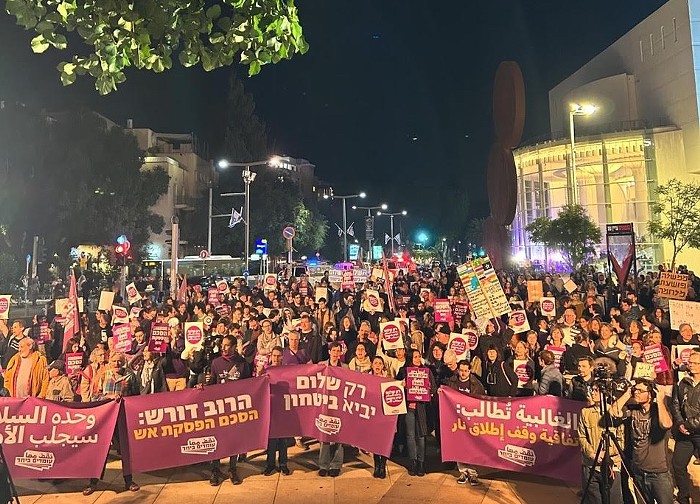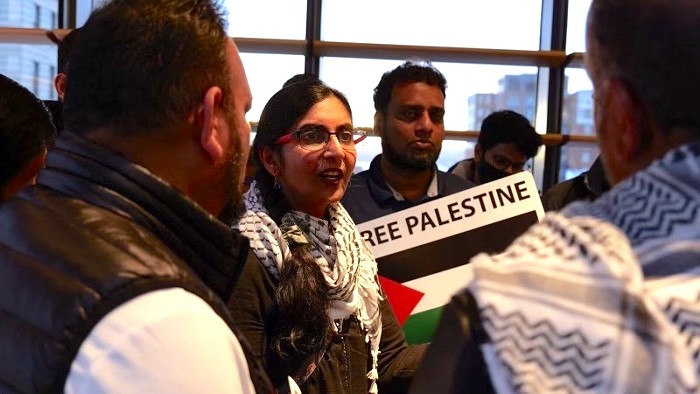
As Seattle residents who have worked, taught, and advocated in the legal community for decades, we care deeply about promoting public safety through systems that actually work. The current City Attorney’s race is bringing the question of what furthers public safety to the forefront of many voters' minds.
Our practice and research lead us to the conclusion that misdemeanor prosecutions primarily undermine rather than promote community safety. These prosecutions disproportionately harm Black, Indigenous, and People of Color. In the ongoing debate about the future of misdemeanor prosecutions in Seattle Municipal Court (SMC), we need a clear understanding of what happens in that court, to the people who are charged in it, and to people who have suffered harm at the hands of those facing charges. Two issues are particularly relevant: How much do these prosecutions cost and what are the outcomes?
First, the costs. Seattle Municipal Court’s annual budget is $38 million – for judges, judicial staff, probation officers. The City allocates another $8.5 million for prosecutors and $9.8 million in public defense costs for misdemeanor prosecutions. That does not include the cost of the jail—at least $200 a night per person.
What are we buying at a cost of more than $60 million a year? What are the outcomes of this system? A recent op-ed by two retired SMC judges endorsing Ann Davison’s candidacy urges an expansion of the court response but provides no studies or research to show that their system promotes community safety. That’s because those studies don’t exist.
A 2020 report commissioned by SMC from the Vera Institute of Justice shows that SMC has been unable to track performance measures for its probation department. Vera’s analysis also showed that the probation system was deeply racially disproportionate. While Black people comprise only 7% of the city population, they make up 20% of those on probation with SMC. The data is even more alarming when looking at misdemeanor prosecutions as a whole; in 2016, Black people comprised 34% of misdemeanor prosecutions.
SMC’s data further revealed that of those supervised by the court's probation staff in its Mental Health Unit, from 2018 to 2020, 288 people completed probation while 273 did not meet probation requirements. A 50% completion rate can hardly be considered success. It is time to acknowledge what does not work and move away from an expensive legal system that processes people without creating change.
SMC processed approximately 16,000 cases between 2018 to 2020, with no evidence on the impact to public safety. One place where this approach has been examined is Suffolk County, Massachusetts. A study published this year analyzing nearly two decades of data concluded that “prosecuting defendants for nonviolent misdemeanor offenses has substantial costs for those individuals without any evidence of public safety benefits.”
There are approaches that are effective and that don’t waste taxpayer dollars. CHOOSE 180, a community-based organization dedicated to offering restorative practices in lieu of traditional prosecution, has worked with young adults in SMC since 2017. A March 2019 analysis showed that 97% of the program’s 245 participants had no new criminal convictions.
Less than a mile from SMC, King County’s juvenile court has reduced youth incarceration by roughly 71% since 2016, reduced juvenile court prosecutions by roughly 81%, and reduced juvenile court misdemeanor prosecutions by 89%. How has this remarkable reduction been achieved? By a combination of political will, concerted effort by community activists, and a rich mix of diversion options that address the actual needs of those who come into contact with the system.
Decisions about the future of misdemeanor prosecutions should be based on facts. Without informed discussions, we will continue to waste millions of dollars on an expensive system that fails to address the needs of those it ensnares and has not been shown to improve public safety. Outcomes matter. It’s time we invest in what works.
Kimberly Ambrose is a Teaching Professor and directs the Race and Justice Clinic at the University of Washington School of Law.
Angélica Cházaro is an assistant professor at the University of Washington School of Law.
The views expressed are solely the authors’ own and do not reflect the position of the University of Washington.


















